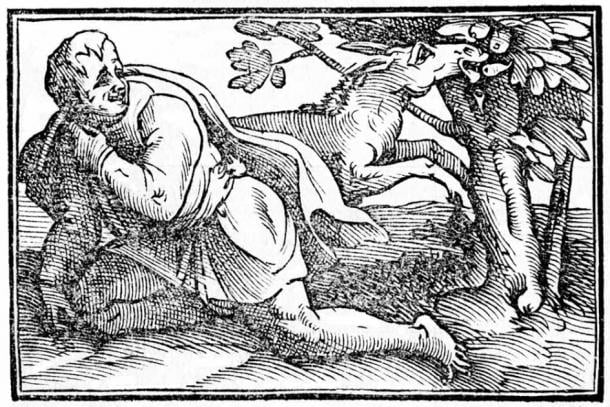Every person to ever walk the face of the Earth has at least one thing in common: we’re all going to die one day. In fact, it’s the last thing each of us will ever do. However, how we die is the mystery everyone ceases to solve until the very end. A person’s legacy is topped off by their cause of death, and that can either put a cherry on top of a great life or leave it to be forgotten.
Socrates is one of the most well known philosophers of all time, and facing a death sentence, he chose to drink hemlock rather than succumb to his demise by the hands of the Athenians. This sealed his legacy as he died upholding the beliefs he preached and fought for his entire life.
Chrysippus, on the other hand, is a completely different story. Chances are, you have no idea who this guy is. You’re missing out.
Chrysippus, like Socrates, was an ancient Greek philosopher. He was born in Soli, but moved to Athens where he would become the head of the Stoic school. There, he earned the title of the Second Founder of Stoicism.
According to the Daily Stoic, Stoicism is “a tool in the pursuit of self-mastery, perseverance, and wisdom: something one uses to live a great life, rather than some esoteric field of academic inquiry.”
With its four main virtues being courage, temperance, justice, and wisdom, Stoicism is all about living your life as the best person you can be. Not only was Chrysippus a pioneer in the entire ideology, he also created his own system of understanding how the universe, and humanity as a whole, works.
Now…here’s where things get rocky.
At the age of 73, Chrysippus passed away. The most famous account of his death comes from a famous Greek biographer, Diogenes Laërtius. It is said that Chrysippus witnessed a donkey eating figs to which he shouted: “now give the donkey a drink of pure wine to wash down the figs.” It was this joke (his own joke), that caused him to go into a fit of laughter that took his life.
It is said the Chrysippus wrote more than 705 books in his lifetime, yet your guess of any of their titles is about as good as anybody else’s.
Regardless of the success in his entire livelihood, Chrysippus is not remembered for anything besides his unorthodox cause of death. This tragedy reflects a common fear many people face.
We often struggle with the idea of being forgotten. Centuries after our passing, the majority of us will only be remembered through family pictures. Our time on Earth is spent trying to create our legacy. Whether that’s a business you start, the family you raise, or, in Chrysippus’s case-the dedication you show towards your ideals-we all hope to be remembered after our passing.
But we don’t remember Chrysippus, and he did a lot more in his lifetime than many people can say. He is remembered because his joke was too funny for even him to survive.
If we can learn anything from the tragedy of Chrysippus, it is that our lives are not defined by a single action. Our legacy should be celebrated for everything we accomplished.
They say laughter is the best medicine, but tell that to Chrysippus.









